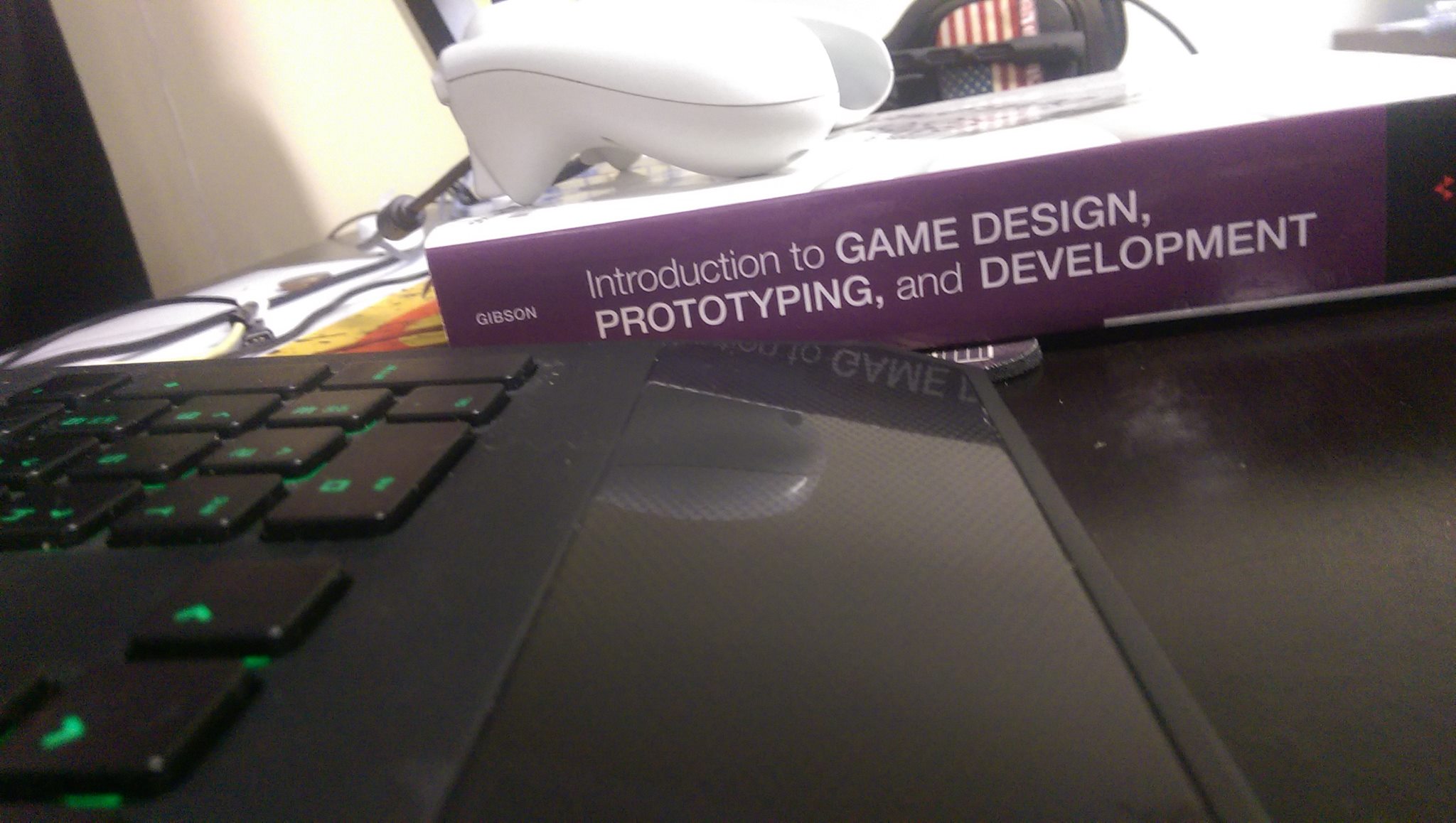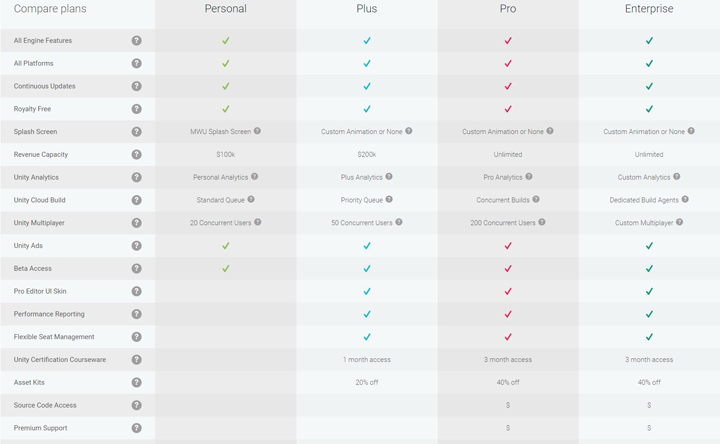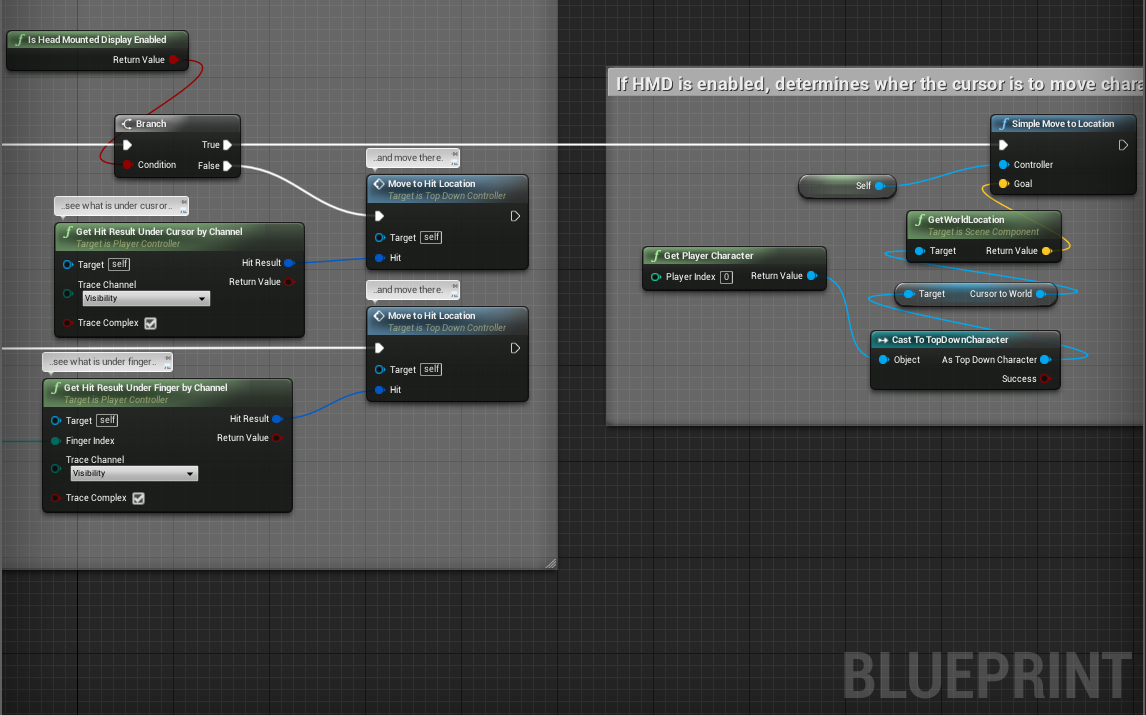If there ever was a time to be an indie developer, now is that time. There is an abundance of resources and tutorials across the internet, active forum boards, and literally dozens of engines to choose from. So why did I decide to use the Unreal Engine to develop my games? Truth be told, it’s not the first engine that I’ve worked in; I actually developed my first prototype game in GameMaker: Studio. So why then, did I make the switch? Here are the top 3 reasons that I decided to make the Unreal Engine my go-to for game dev.
1. You can’t beat free
If you’re just starting out, or tinkering with the idea of doing game development, chances are that you don’t want to spend money just to use a program. Being a college student on a budget myself, that was one of the first things that came to mind and one of the reasons that I looked at the Unreal Engine as a solution. On the same token, Unity also offers a free, personal version of their game engine but with a large drawback; the free version does not come with the tools needed to optimize your game. This is a major drawback in my opinion as not all gaming platforms are created equal and a poorly optimized game is never received well by the gaming community. With that factor in mind, as well as my budget, the scales tipped in favor of Unreal.
In order to make a game that I could optimize in Unity, I’d have to upgrade to their Unity Plus, which runs you $35 per month, or $395 a year if you prepay (a saving of $25). That, versus $0 per month / year for Unreal, which comes with all the tools I’ll need right out of the box.
Now, that’s not to say that Unreal is “free,” it does come with its own price which is a 5% royalty fee on earnings over $3k per quarter. So if I were to make a game that earned $5k over a quarter I’d have to pay $100 in royalty fees. But, if in the next quarter I only earned $2.5k, I wouldn’t have any royalties to pay, which is good being that I’d likely be subsisting off of hot dogs and ramen at that point.
I know that some would make the argument that in the long run, you’re going to end up paying more in royalties than you would pay for your subscription to Unity but you also have to take into account scaling your development team. Let’s say that you’re no longer a one-man-army and you’re now a studio of 3. Well, that just tripled your monthly subscription for Unity. With Unreal, you’re still paying $0 no matter if you’re a studio of 1 or a 10 man dev team. So no matter what it is you’re doing with Unity, you’re paying for it up front but with Unreal you’re only paying if your product is a success. To me, it feels more personal. It feels like the people behind Unreal want to see me succeed because if I make a game that does well, then we all get paid.
2. Blueprint visual scripting
Another factor that I had to take into consideration was that of programming languages. Over the course of working on my degree, the bulk of my programming experience was with using C# (C Sharp) which is the primary programming language used by Unity. Unreal, however, makes use of C++ for its programming needs. Rather than having to learn C++ however, I can make use of the versatile, and highly robust Blueprint visual scripting system that Unreal offers. This system allows me to still use the foundational knowledge that I have of programming, paired with the simplicity of a drag-and-drop blueprint nodes to accomplish the same tasks that I’d otherwise have to learn C++ to code.
This allows me to not only save time and effort of learning a new programming language but gives me a robust system that allows for rapid prototyping. This is another area that I feel Unreal outshines Unity; the sheer amount of features that Unreal has under the hood.
The difference between Unreal and Unity were very apparent the first time I loaded up Unreal. Unreal is like a one-stop shop for total game creation, with its many built-in editors that can be used for everything from particle effects, materials creation, and even cinematics (see below). Unreal is like the Swiss Army Knife of game engines. If there is a downside to point out it would be that Unreal takes up a sizeable amount of space on my hard drives because of just how many features it is capable of handling.
In comparison, Unity is more lightweight and able to run on systems with lower specs. In addition to that, I feel that it would be the better choice currently if your game development goals were aimed at releasing titles on the mobile market, especially if the games were going to be primarily 2D. In that regard, Unity would be the better choice as Unreal currently isn’t as easy to work with in those areas given its heavy-duty focus on 3D games loaded with stunning visuals.
3. The very intuitive user interface
If you didn’t find the example image of the Blueprint system confusing then you’re in luck as most everything that you’re going to do in Unreal has a very similar user interface. I personally find the Unreal engine to feel natural and comfortable to navigate which is how you should feel when you’re planning to spend countless hours working within an application’s environment. Again, this comes down to personal preference but I’ve found myself easily navigating through the various tabs and systems after watching a simple tutorial series on Unreal’s YouTube channel.
So there you have it, my top 3 reasons why I’ve chosen Unreal as my go-to engine. When it comes to game development Unreal suits what I’m looking to develop and gives me all the tools I require to meet my goals. Let me know in the comments below your experiences with Unreal or why you’re using the engine of your choice.









Published: Oct 17, 2016 12:56 pm